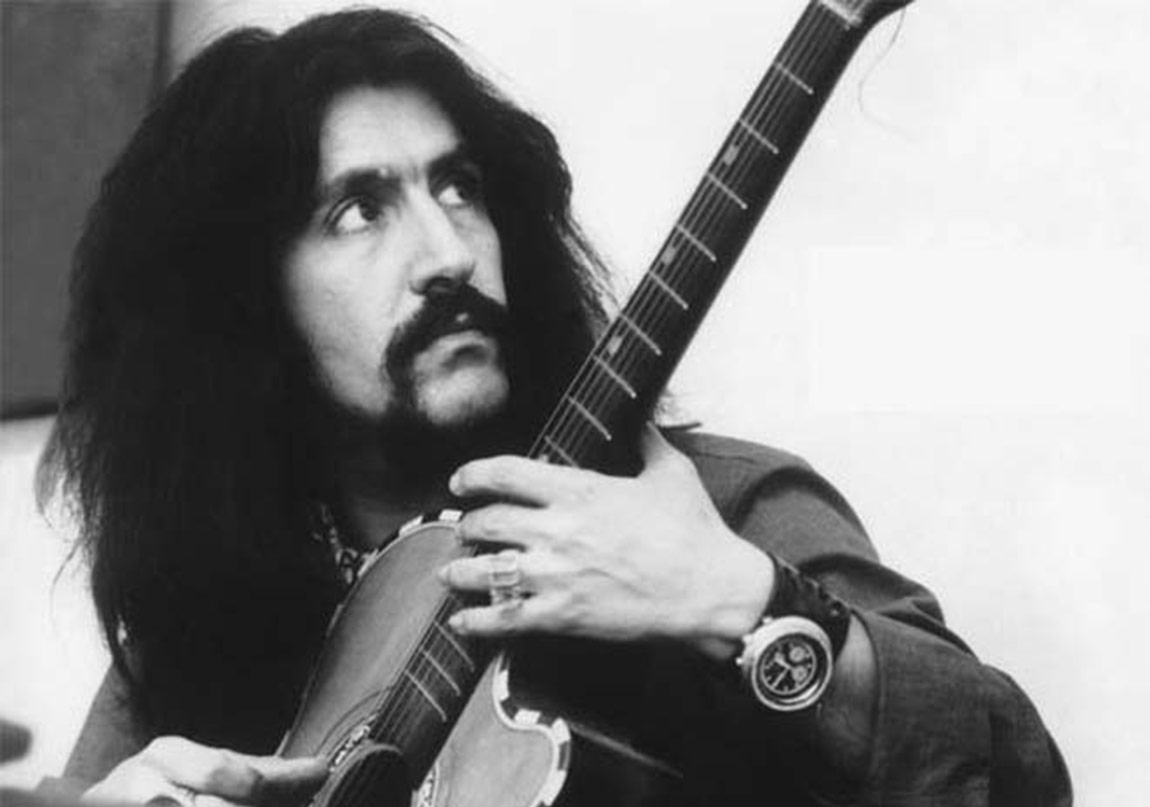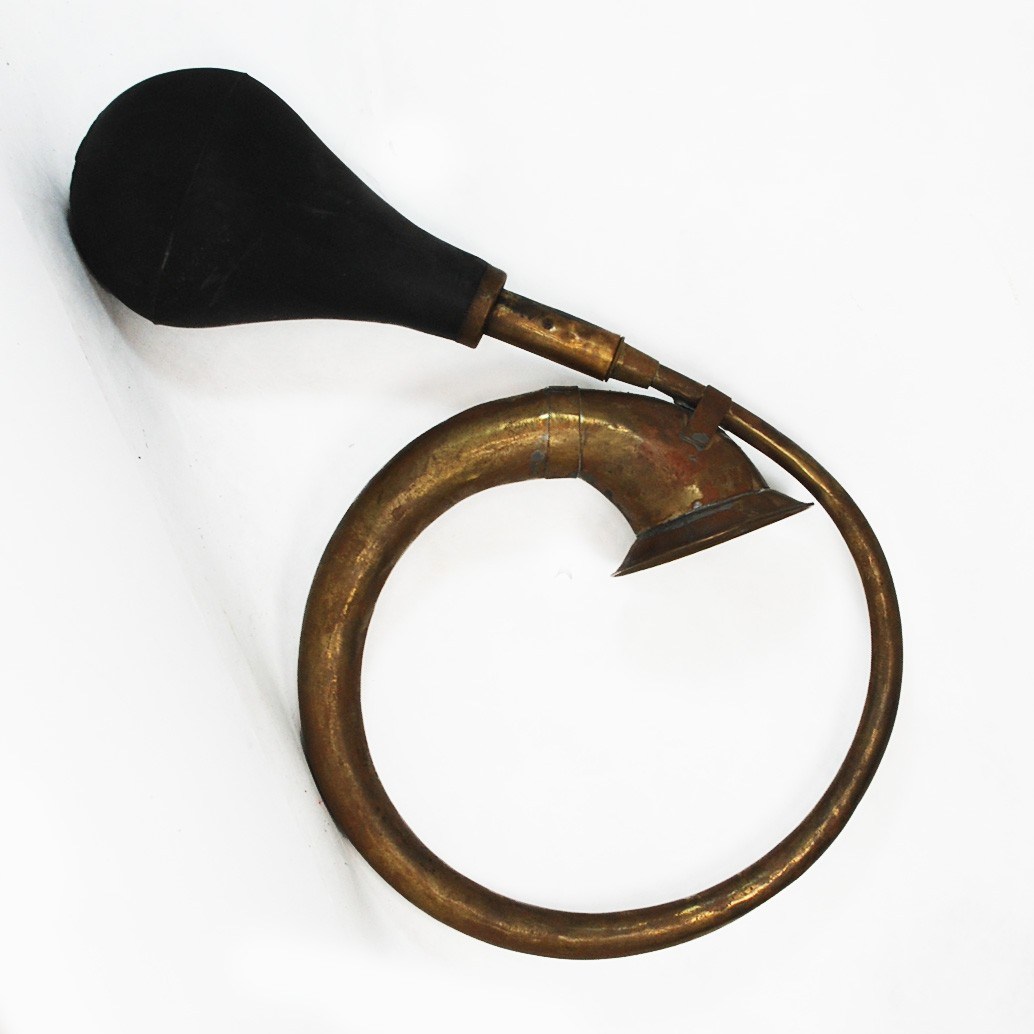He’s just turned 25 years old and is already considered one of the pioneers of the web video. Oguz Yilmaz grew up in Freystadt in der Oberpfalz. But his actual home is YouTube, as it’s there that he, along with two school friends, set click records until 2015: The trio’s YouTube account “Y-Titty,” which Yilmaz joined in 2009, was, for a time, the most successful YouTube channel with more than three million subscribers. The three guys took home one prize after the other, and their song parodies reached up to 26 million hits. Since their break-up, Oguz Yilmaz has continued behind the camera as a consultant: With “whylder,” the likeable Cologne inhabitant founded his own agency that helps companies present their brand on social media. He spoke to renk. about his life with and without “Y-Titty.”
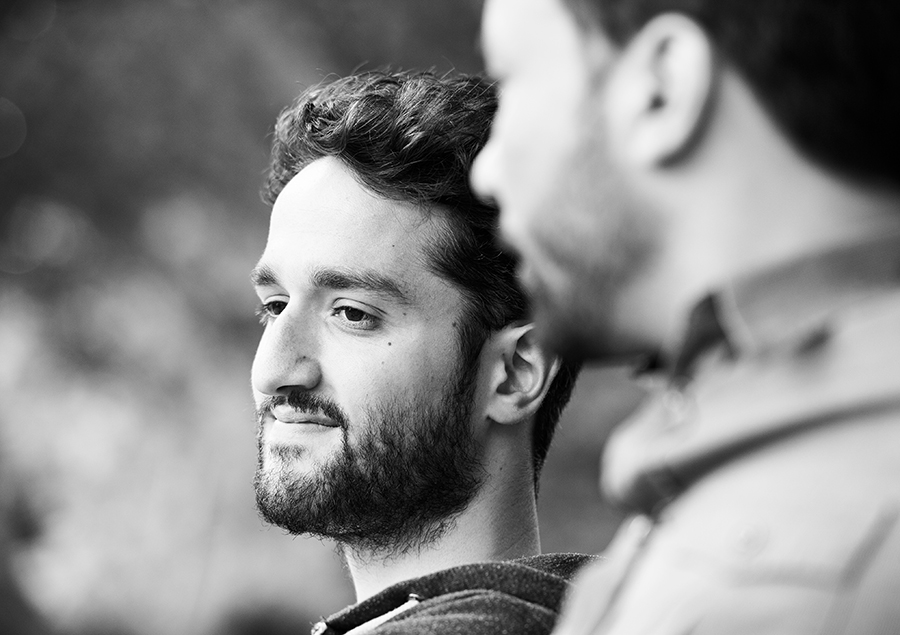
In the beginning, Y-Titty was purely a project for fun. When did you all notice that something more could come of it?
We moved to Cologne in 2010 right after our A-levels, because we saw that this thing had a lot more potential. Until then it had simply been a hobby next to school. Since 2009, people have been able to earn money on YouTube and we somehow managed to keep our heads above water with that. In any case, it was a conscious decision to say, we’re going to do this and put all of our eggs in one basket. We also knew that we wouldn’t be able to study while doing Y-Titty. I had been enrolled for business mathematics, but I knew that I wouldn’t finish my studies. That’s why I stopped attending classes.
Now you’ve changed sides and no longer are in front of the camera. A new era in your life?
Yes, my life has changed a lot. But that’s good, because I want to continue developing. I am simply too young to say, “That’s all, I’m going to stay like this for the rest of my life.” Everything that I learned through YouTube I can now pass on to others who want to be successful, too. No one should waste their money getting bad advice. But the need is huge. That’s what led to my partner, Lukas Schneider, and I founding the agency “whylder.”
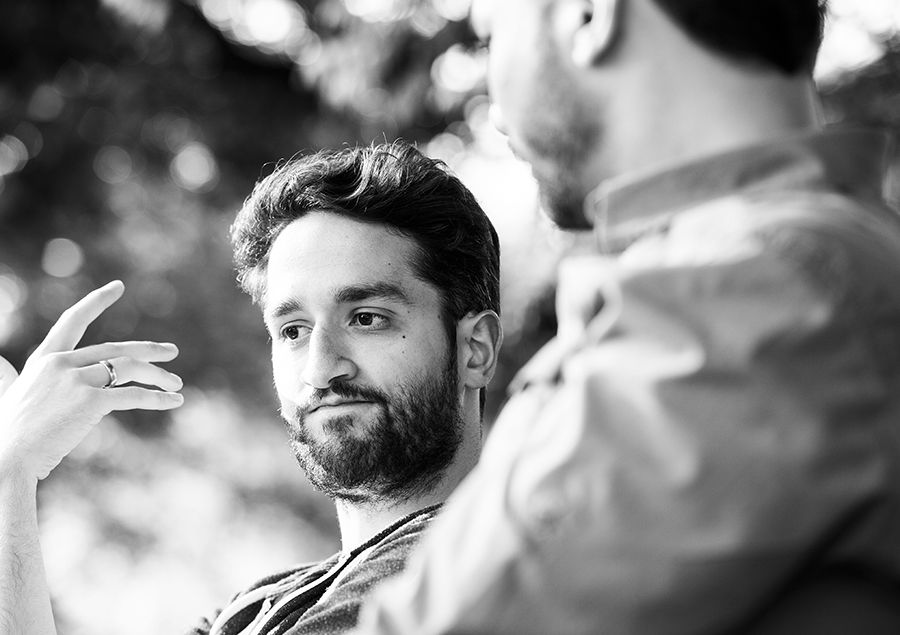
Do you miss creating your own videos?
Not really. I think that when something is over, then it’s over. After all, Y-Titty was around for almost ten years, I was there since 2009. We experienced all of the facets of being a YouTuber. In some ways it was like an apprenticeship or a dual degree. We learned a lot and gathered a lot of practical experience. Our YouTube channel is our reference for future projects.
From the very beginning, your clips were quite professional. Especially in the early stages, you did everything yourselves. Things like video editing, music production and writing scripts – how did you learn all of that at that age?
We really did teach ourselves everything. Thanks to the internet, you can watch or read anything. Since we were shooting the clips for our friends, people our age, in the beginning, it wasn’t difficult to come up with content. We knew what our target group thought was funny. We had so much fun doing it that we were consumed with it day and night.
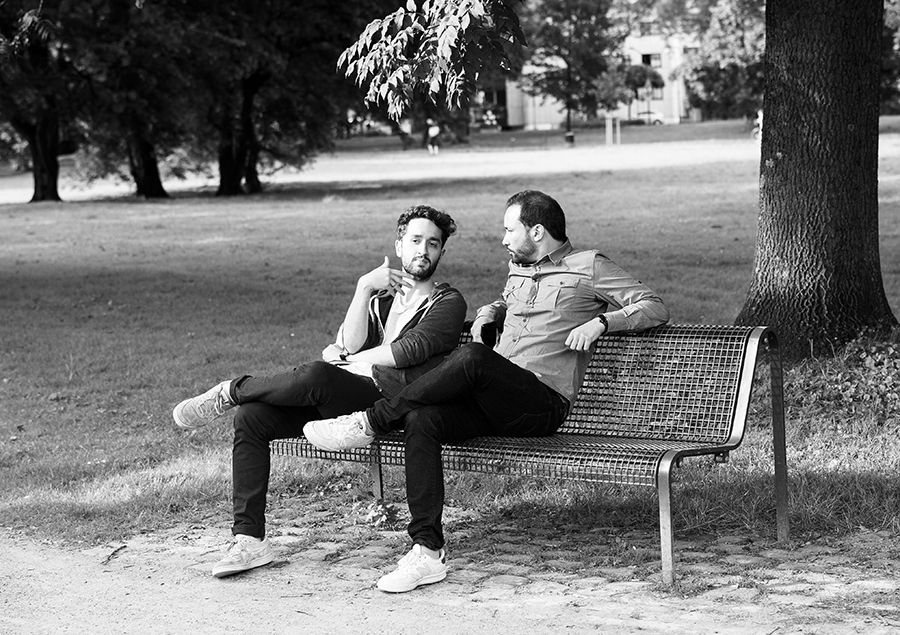
You belong to the first YouTube generation that reached a large audience in Germany. How did your parents react when they heard you wanted to do this professionally?
My parents came with practically nothing from Turkey to Germany and always wished that their children would study and learn something meaningful. My siblings are all studying. They were a little puzzled when I said that we wanted to completely concentrate on Y-Titty. Looking back, it was the right decision. For my work at my agency, my YouTube past is worth much more than a diploma.
In 2014, you announced a longer break and at the end of 2015, Y-Titty broke up. What led to that?
Something was difference, and we simply needed to clear our heads. In 2012, we had the YouTube channel with the most subscribers in Germany, published books and CDs, wrote a script for a feature film and won multiple prizes. There was no big goal, we had already reached the peak. It was better to finish before the brand wasn’t worth anything. That way, people remember Y-Titty fondly.
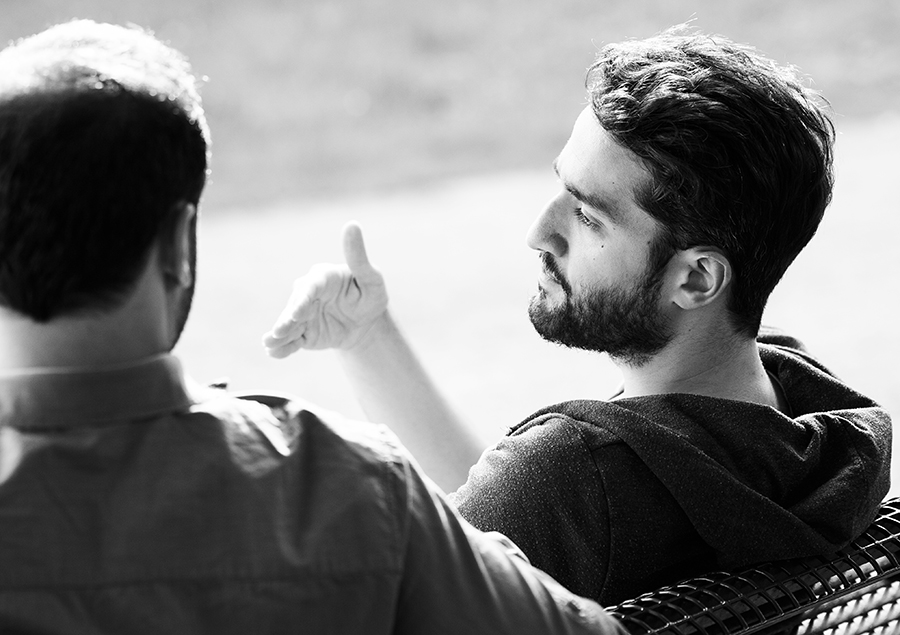
Did you feel pressured and responsible at that high point of your success? After all, you had 3.1 million subscribers who had expectations of you.
Actually, we created the pressure for ourselves. According to our strict timelines, there was a new video every week. The growing influence of fans came slowly, not overnight. We were a lot more impressed when we performed at a hall in front of 15,000 fans than our high number of clicks. You perceive that a lot more intensely.
How did you finance yourselves back then?
You can display ads on YouTube. But you only receive small amounts of money for and you can’t pay a team with it. If you have a wide range, large cooperations with brands that want to do product placement present a good opportunity. In the beginning it was only large companies like Electronic Arts, Samsung or O2. Later on, other smaller brands invested money in YouTube. Over time, the industry realised what kind of impact YouTube-influencers can have. Our marketers took care of that. In addition, we had sales from books, CDs and merchandise.
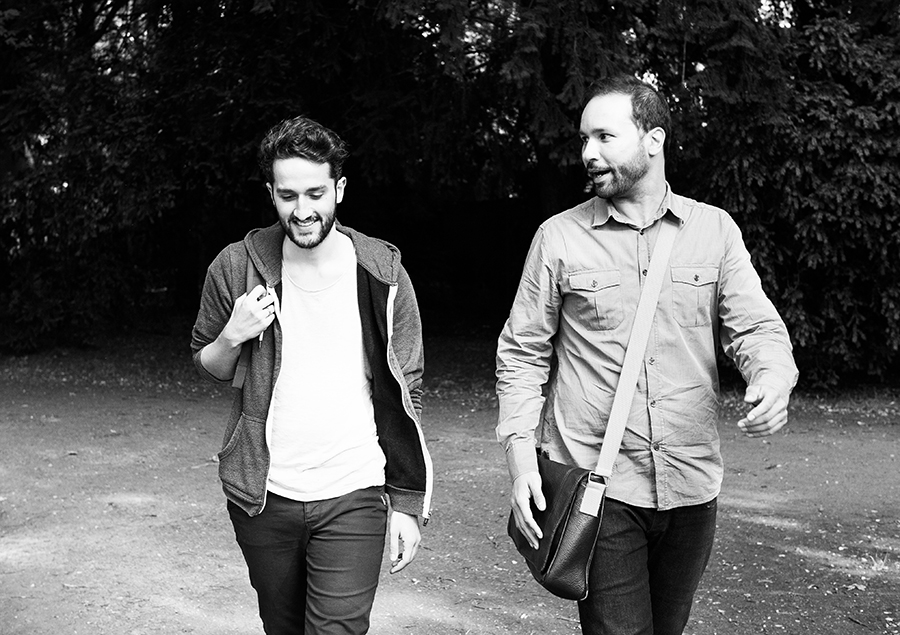
Who are influencers, in your eyes?
There aren’t just influencers on YouTube. These include all the people who reach many people or a specific target group through social media channels. It can be a blogger, too. What’s crucial is that they have their own platform and their influence. That distinguishes influencers from television celebrities, who also reach many people, but not through their own channel. The range isn’t important either. If I’ve got 10,000 viewers or subscribers, then I can actively influence them, for example, with a product recommendation.
How can your agency help brands get into the YouTube business?
Most companies can produce the videos themselves, but they often don’t perform well on the internet. Or they simply missed the boat and have no idea how to reach people on the internet. It isn’t just about holding a product in front of the camera. You have to get rid of the entire way of thinking that you got used to over decades. For example, good storytelling within relevant content important. By now there are so many videos, that you have to look really closely at where and how you can place your own brand. Snapchat is, for example, a platform that you have to try out first, and in doing so, take a certain risk. If it works, other brands automatically follow.
So that means alongside classic consulting, part of your job is also convincing people?
Yes, because not everyone understands the internet. The digital world is constantly changing, and there are always new trends popping up. That overwhelms some companies.
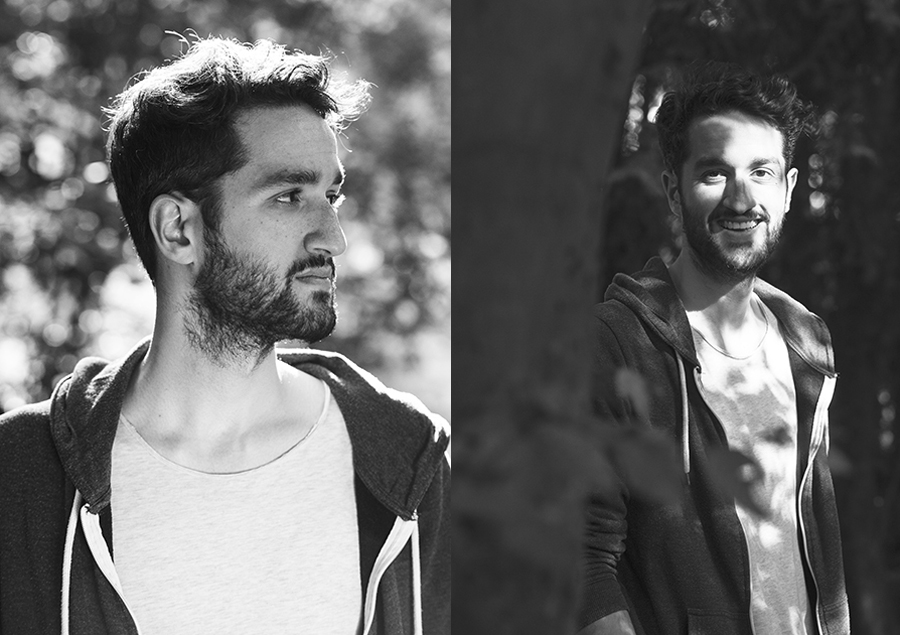
Which developments do you find exciting?
I think that Virtual Reality, or rather Augmented Reality, is the future. Digital images are projected onto a pair of glasses that show, for example, that an airplane is flying above you. The computer would be, for example, your watch, which controls everything. Crazy things are awaiting us, but I’m very open to them. I believe that a development will come that will replace everything we have now. Imagine that you are staring at an empty wall, put on your glasses and see a beautiful painting on that wall. Or that you are lying down in the grass in a park, are looking up at the sky and watching television. And it will be even crazier when that works with contact lenses. Those are things that will come sooner than many people believe.
What would Oguz Yilmaz be now without YouTube?
I probably would have studied chemistry, since I had always been good in natural sciences in school. When my teacher heard that I wouldn’t go to university, she was really angry. But perhaps I’ll start studying Computer Science again. Because programming languages will be the English of the next ten years.

